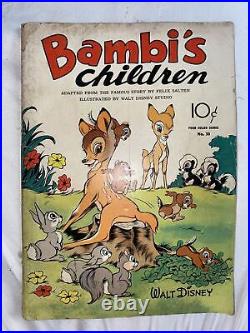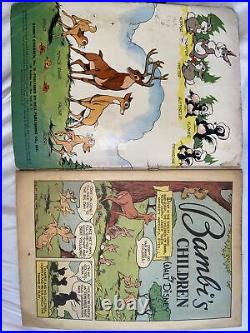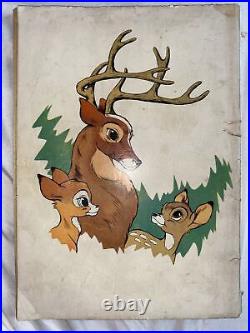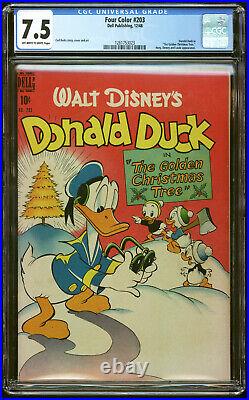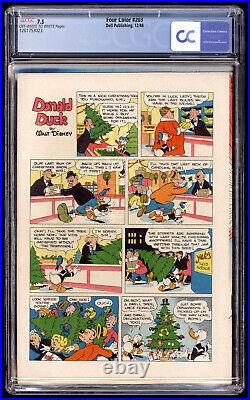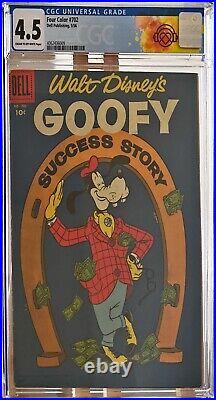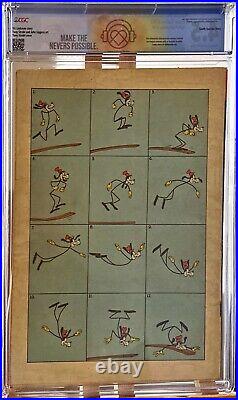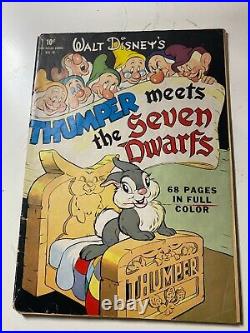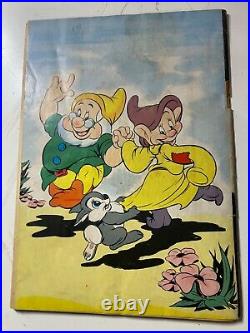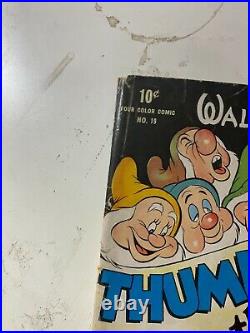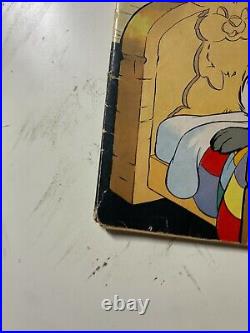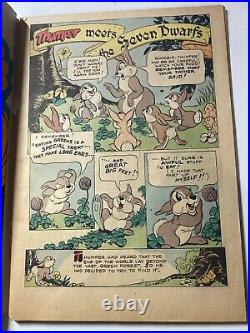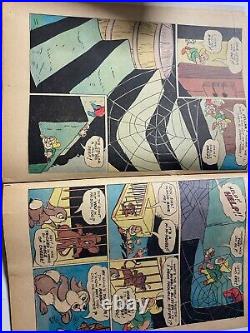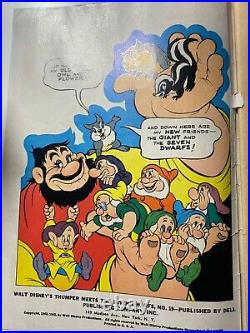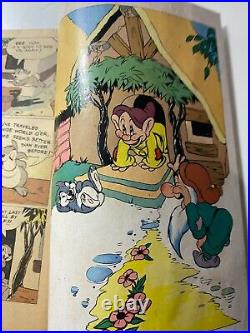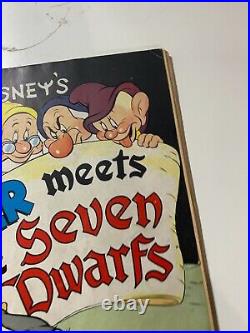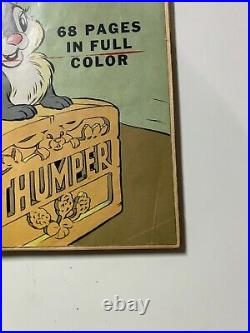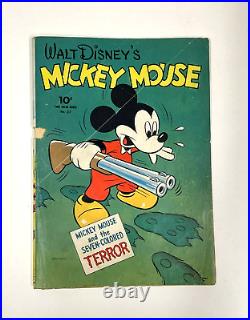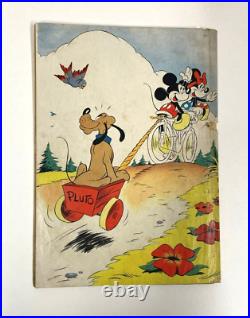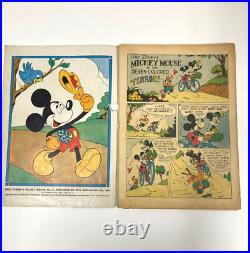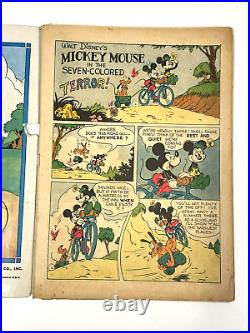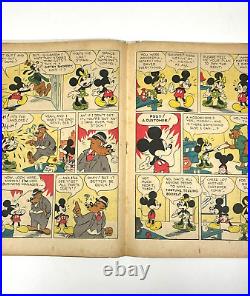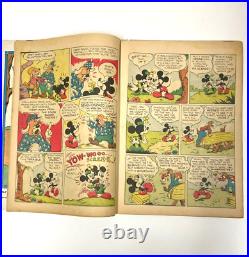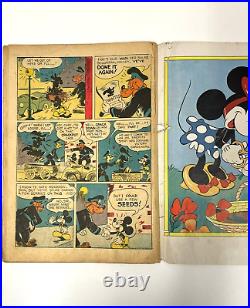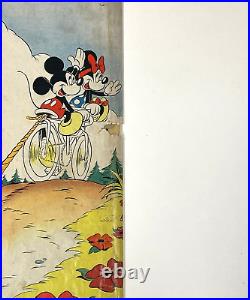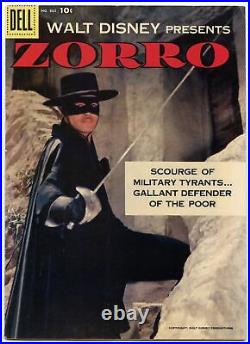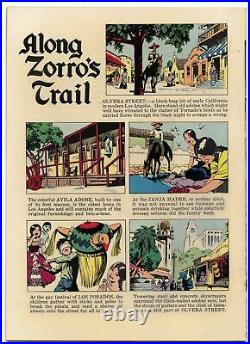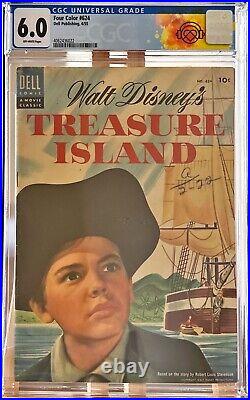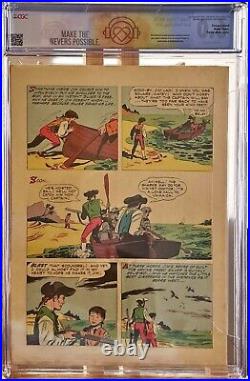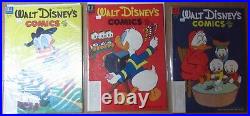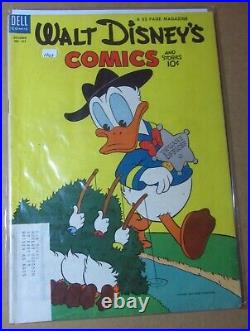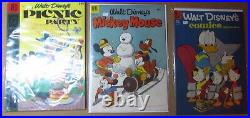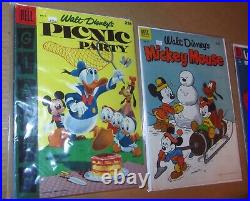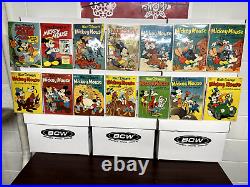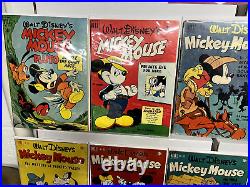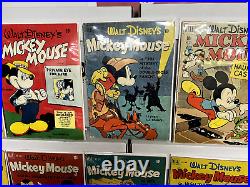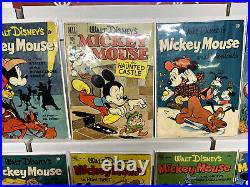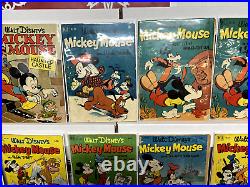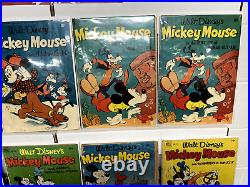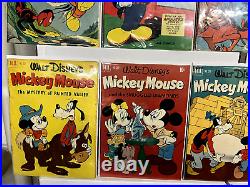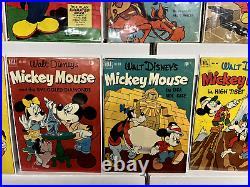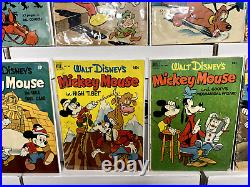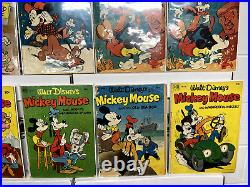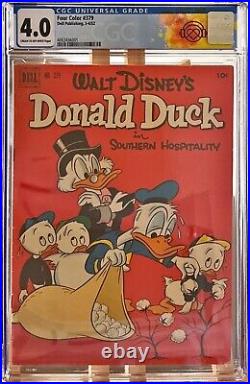
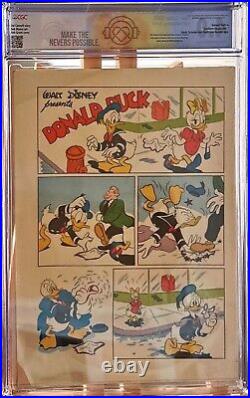

While Walt Disney is undoubtedly an influential figure in the history of animation and entertainment, it is important to acknowledge the controversies and criticisms that surround certain aspects of the company’s past, particularly during the Golden Age. One example of such controversy is the comic book titled “Walt Disney’s Donald Duck Four Color #379 In Southern Hospitality, ” which features Donald Duck engaging in an inappropriate depiction of slavery. This comic book, with its troubling imagery of Donald Duck picking cotton while his nephews, Louis, Dewey, and Huey, watch, and Scrooge McDuck portrayed as the slave master, is a clear illustration of the racially insensitive content that emerged during that era. Such depictions perpetuate harmful stereotypes and trivialize the brutal reality of slavery, which has had a devastating impact on the lives of millions. It is crucial to recognize that this comic book represents a regrettable part of Walt Disney’s history, where racially insensitive content was produced and distributed. The depiction of characters engaging in slavery diminishes the significance of this dark chapter in human history and undermines the struggles and experiences of those who suffered under the institution. It is essential to approach historical content, including comics, with a critical eye and an understanding of the societal context in which they were created. Recognizing the flaws and controversies within Disney’s history allows us to have a more comprehensive understanding of the company’s evolution and the importance of continuously striving for inclusivity and respect in media representation. As times have changed, it is crucial for media creators to be mindful of the impact their content can have and to actively promote diversity, inclusion, and accurate portrayals of history. By learning from the mistakes of the past, we can work towards creating a more equitable and respectful future in the world of entertainment.

